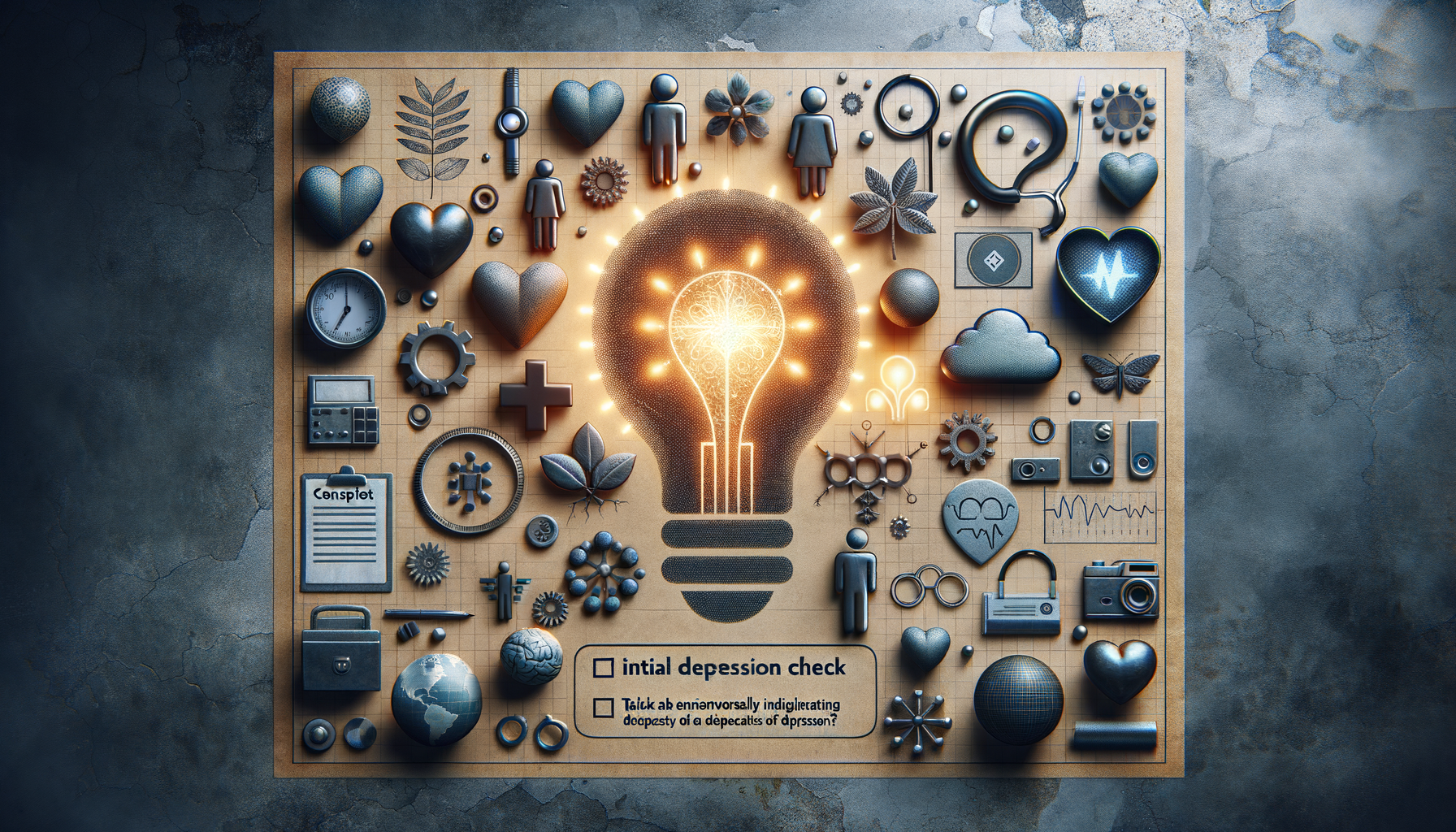Introduction to Emotional Well-being and Depression
In today’s fast-paced world, maintaining emotional well-being can sometimes take a backseat. Yet, understanding our mental health is crucial for leading a balanced and fulfilling life. Depression, a common but serious mood disorder, affects how you feel, think, and handle daily activities. Recognizing the signs early on can make a significant difference in managing and overcoming this condition. This article delves into the importance of taking a depression test, exploring quick assessment options, and understanding treatment pathways for anxiety and depression.
Take Depression Test: Understanding the Basics
A depression test is a valuable tool for anyone who suspects they might be experiencing symptoms of depression. These tests typically consist of a series of questions designed to assess your emotional state and identify potential signs of depression. The questions often focus on your mood, behavior, and thoughts over a specific period.
Taking a depression test can help in several ways:
- It provides an initial screening to identify symptoms of depression.
- It encourages self-reflection and awareness of your mental health.
- It can be a first step towards seeking professional help if needed.
While these tests are not diagnostic tools, they can offer insights into your emotional well-being and guide you towards the right resources for further evaluation and support.
Quick Depression Test: An Accessible Option
For those who are short on time or feel hesitant about seeking professional help, a quick depression test can be an accessible option. These tests are often available online and can be completed in just a few minutes. They typically include straightforward questions that gauge your current emotional state.
Benefits of a quick depression test include:
- Immediate feedback on your mental health status.
- Privacy and convenience of taking the test at home.
- Encouragement to explore further resources if results suggest potential depression.
It’s important to remember that while quick tests can provide a snapshot of your mental health, they should not replace professional diagnosis and treatment. However, they can be a helpful starting point for understanding your emotional needs.
Treatment for Anxiety and Depression: Finding the Right Path
Once you have identified potential signs of depression or anxiety, exploring treatment options is essential. There are various pathways available, each tailored to different needs and preferences.
Common treatments include:
- Therapy: Cognitive-behavioral therapy (CBT) and other forms of counseling can help individuals understand and change negative thought patterns.
- Medication: Antidepressants and anti-anxiety medications can be effective in managing symptoms for some individuals.
- Lifestyle Changes: Incorporating regular exercise, a balanced diet, and mindfulness practices can support mental health.
- Support Groups: Connecting with others who have similar experiences can provide comfort and encouragement.
Finding the right treatment often involves a combination of these options. Consulting with a healthcare professional can help tailor a plan that best suits your individual needs.
Conclusion: Taking Charge of Your Emotional Health
Recognizing and addressing mental health concerns is a courageous step towards a healthier, more fulfilling life. Whether through taking a depression test, exploring quick assessments, or seeking comprehensive treatment for anxiety and depression, the journey to emotional well-being is personal and unique. By staying informed and proactive, you can navigate this path with confidence and support.
Remember, reaching out for help is a sign of strength, not weakness. There are numerous resources and professionals ready to assist you in achieving a balanced and healthy emotional state.


Leave a Reply